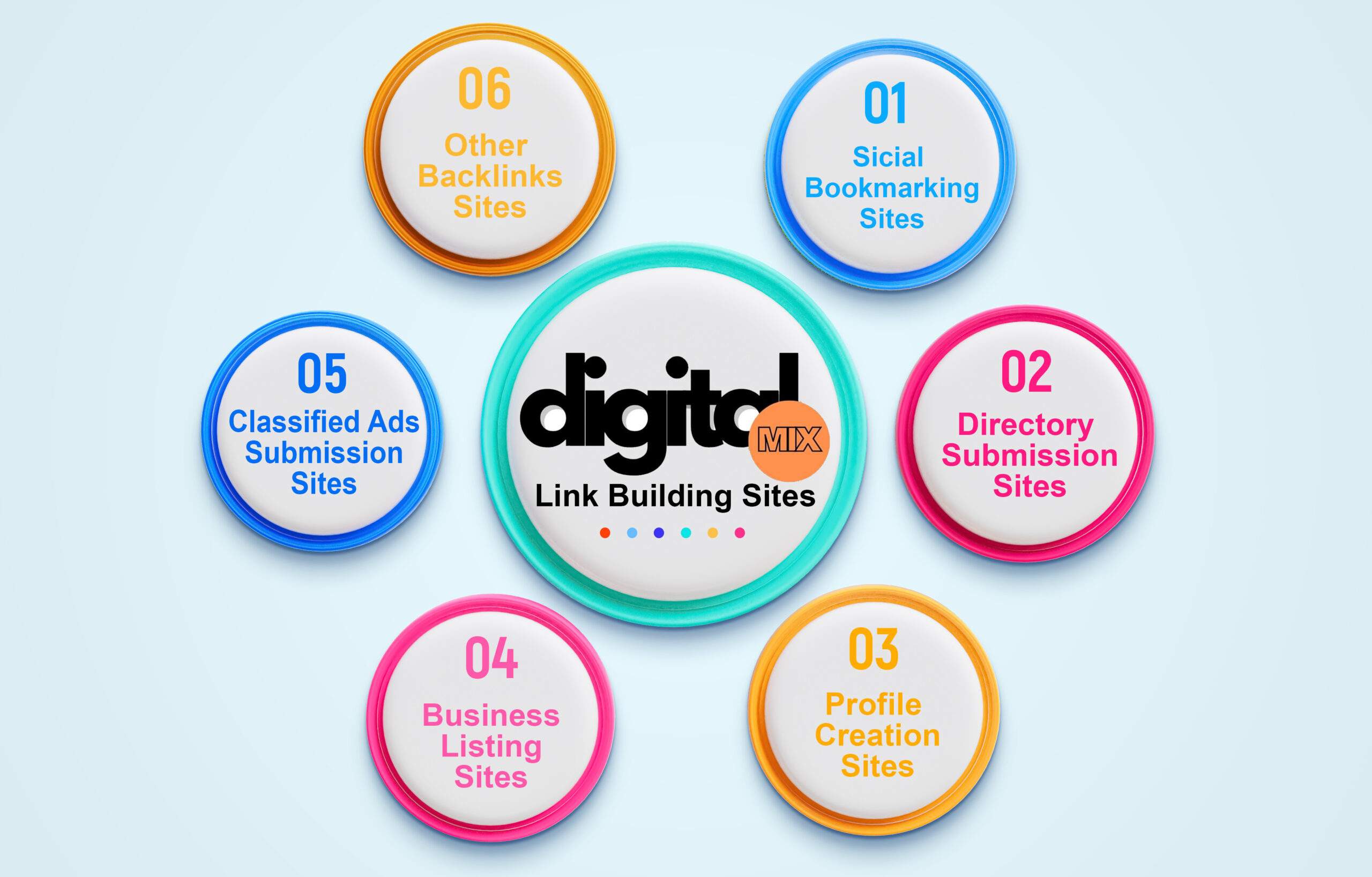Subtotal $0.00
Introduction
Welcome to the world of SEO! If you’re new to the concept of Search Engine Optimization, you’ve come to the right place. In this step-by-step guide, we will walk you through the SEO basics and help you understand how to optimize your website to improve its visibility on search engines. Let’s get started!
1. Understand Your Audience
The first step in any SEO strategy is to understand your target audience. Who are they? What are their interests and needs? By gaining a deep understanding of your audience, you’ll be able to create content that resonates with them and attracts organic traffic to your website.
2. Keyword Research
Keyword research involves identifying the words and phrases people use to search for information related to your business. By conducting thorough keyword research, you can optimize your website’s content to target the right keywords and increase your chances of ranking higher in search engine results.
3. On-Page Optimization
On-page optimization refers to the actions you take on your website to improve its visibility on search engines. This includes optimizing your page titles, meta descriptions, headings, and content. Make sure to use your target keywords naturally throughout your content, but avoid overusing them.
4. Technical SEO
Technical SEO focuses on the technical aspects of your website that affect its visibility on search engines. This includes optimizing your website’s loading speed, ensuring it is mobile-friendly, and fixing any broken links or errors. A technically optimized website makes it easier for search engines to crawl and index your content.
5. Link Building
Link building is an essential part of SEO. Acquiring high-quality backlinks from other websites improves website authority and credibility. Focus on building relationships with relevant websites and create valuable content that others will want to link to.
6. Content Marketing
Content marketing plays a crucial role in SEO. By creating high-quality, engaging content that provides value to your audience, you can attract organic traffic and increase your website’s visibility. Make sure to optimize your content with relevant keywords and promote it across different channels.
7. Monitor and Analyze
Once you’ve implemented your SEO strategy, it’s important to monitor and analyze your website’s performance. Use tools like Google Analytics to track your organic traffic, keyword rankings, and other important metrics. This data will help you identify areas for improvement and make data-driven decisions to optimize your website further.
Conclusion
SEO may seem overwhelming at first, but by following these basic steps, you’ll be well on your way to improving your website’s visibility on search engines. Remember to always keep your audience in mind, conduct thorough keyword research, optimize your website’s on-page and technical elements, build high-quality backlinks, create valuable content, and continuously monitor and analyze your performance. With time and effort, you’ll start seeing the results of your SEO efforts and enjoy increased organic traffic to your website.
Good luck!












